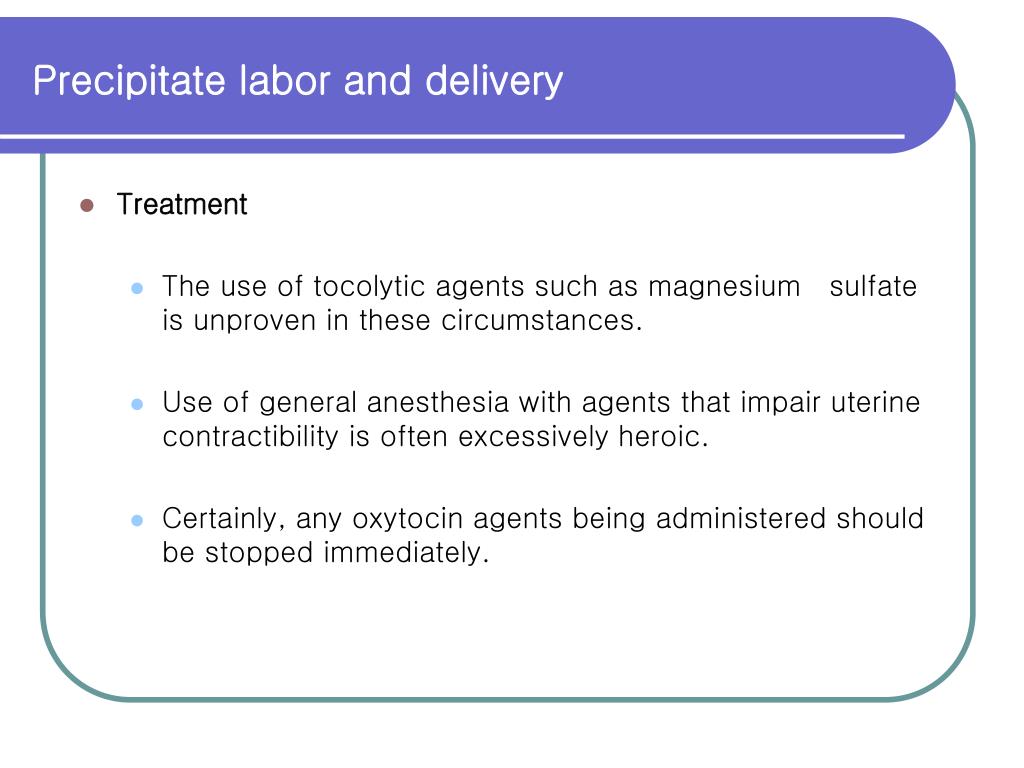

If your water hasn't broken and there's no concern that the placenta is covering the cervix (placenta previa), he or she might also do a pelvic exam to determine whether your cervix has begun to open. Your health care provider might evaluate the firmness and tenderness of your uterus and the baby's size and position.

Journal of Clinical Medicine Research 7(3): 150-153.Tests and procedures to diagnose preterm labor include: Clinical significance of precipitous labor. European Journal of Obstetrics & Gynecology and Reproductive Biology 116(1): 43-47.

Precipitate labor: Higher rates of maternal complications. Precipitous delivery, Are you prepared? UCSF School of Medicine. American Journal of Obstetrics & Gynecology. A propensity scoring analysis of maternal and neonatal adverse outcomes associated with precipitous labor. Learn more about our editorial and medical review policies.Īiken C et al. We believe you should always know the source of the information you're seeing.
#DEFINITION OF PRECIPITATE LABOUR PROFESSIONAL#
When creating and updating content, we rely on credible sources: respected health organizations, professional groups of doctors and other experts, and published studies in peer-reviewed journals. If you've had a precipitous delivery before, you'll want to make sure your partner or a nearby close friend or relative is on call at all times to help you as your due date nears.īab圜enter's editorial team is committed to providing the most helpful and trustworthy pregnancy and parenting information in the world. How can I prepare for another fast labor? There are risks and benefits of being induced, and it's generally not done prior to 39 weeks. Talk with your doctor about an elective induction if you're interested, especially if you barely made it to the hospital the last time you gave birth. Induction might be appropriate to prevent another precipitous labor. Can I be induced to prevent another unexpected fast labor? Either way, you'll know what to expect and can be more prepared. You may have a completely different labor the second time around. It's true that if you've had a fast labor before, your chances of having another one increase. If had a previous precipitous labor, will it happen again? If you continue to struggle, be sure to talk with your caregiver about getting mental health support. Writing down or recording your birth story in some way may also be helpful. It may be reassuring to know that this is completely normal. Some women find it can take days, weeks, or even longer to come to terms with a labor that wasn't what they were expecting. Or you may feel traumatized or depressed by the speed of your birth experience and have difficulty coping. You may find yourself reeling from a powerful adrenaline high after the delivery. Infection in mother or baby if the birth happens in an unsterilized place.įast labor can also have a profound effect on your emotions.Retained placenta, when all or part of the placenta stays inside your womb after the birth of your baby.Heavy bleeding ( postpartum hemorrhage), because your womb hasn't contracted down properly after the birth ( uterine atony).Bruising or tears to your cervix, vagina, or perineum because of the speed of your delivery.There are some complications that may be more likely as a result of a fast labor, however. Many women who have a precipitous labor don't have any complications. Complications of precipitous labor and precipitous birth
#DEFINITION OF PRECIPITATE LABOUR SKIN#
Skin to skin contact is the most effective way of keeping your baby warm after giving birth, especially if help isn't immediately available. (Babies lose body heat rapidly and wet skin can accelerate the loss.) Start skin-to-skin contact with him as soon as you can, covering his head and his back with whatever is available. If you don't make it to the hospital and your baby is born in a cool environment, he may get cold very quickly, which can be dangerous. (If your baby is delivered early, she may have problems related to prematurity.) Most full-term babies who are born quickly do just fine and don't experience any problems as a result of a speedy arrival. Use breathing techniques to help you through contractions.

Lie down on your side until help arrives.Call your doctor or midwife and doula, if you have one.If you're alone, call your partner or someone nearby who can be with you.Call 911 if you think your baby's arrival is imminent.


 0 kommentar(er)
0 kommentar(er)
